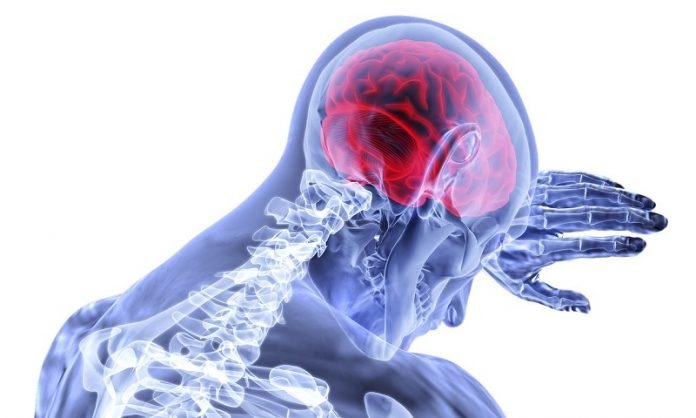
In a new study, researchers found that men are more likely to have unstable plaques in their neck arteries than women.
Unstable plaques can lead to strokes. The finding may help detect warnings signs of rupture-prone plaques in women.
The research was conducted by a team from McGill University in Montreal.
In the study, the team examined patients with carotid atherosclerosis. It is a condition in which fatty deposits in the neck arteries that supply blood to the brain.
Previous research has shown that this disease causes at least 15% to 20% of ischemic strokes, the most common type of stroke.
This is because the fat in the neck arteries could form unstable plaques, which are easy to break free, impede blood flow and cause a stroke.
The researchers examined both plaques and blood samples from people who underwent surgical procedures that remove plaques from the carotid arteries.
They found that the odds of men having unstable plaques was 2.67 times that of women.
They also found that in women, there was an easy way to detect unstable plaque: a lower ratio of adiponectin.
It a protein hormone secreted by fat tissue and may help protect vascular health.
The team suggests that the finding may help develop a new test to identify women with these unstable plaques.
If they can get the proper treatment, their stroke risk may decrease a lot.
Future work needs to confirm the results using multiple tests in different timelines because hormone levels are very volatile and can change throughout the day.
The lead author of the study is Karina Gasbarrino, a researcher from McGill.
The study is presented at the American Heart Association’s Vascular Discovery Scientific Sessions.
Copyright © 2019 Knowridge Science Report. All rights reserved.



